Sweet Lemon Information: Tips On Growing Sweet Lemon Plants
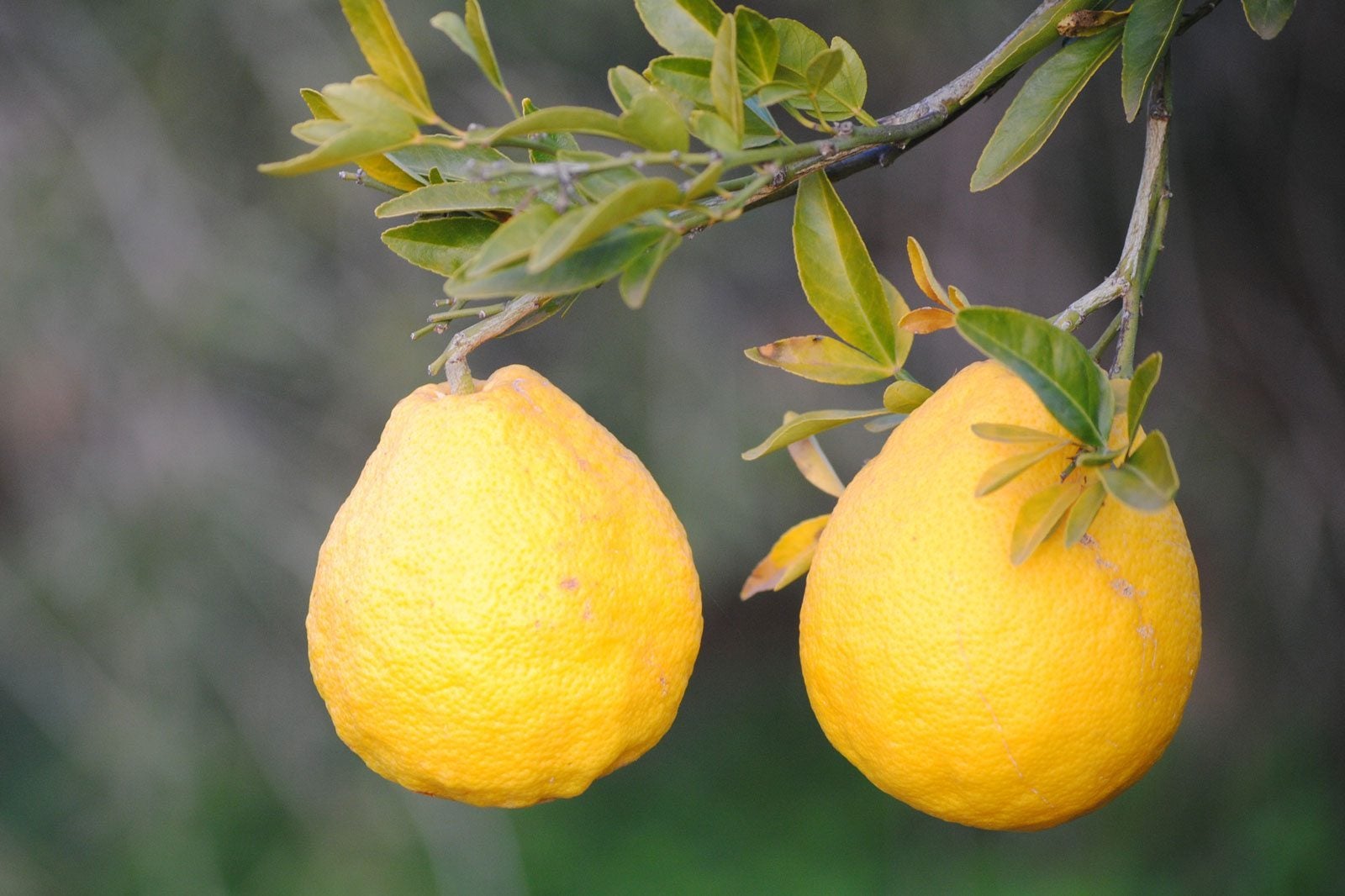
There are a number of lemon trees out there that claim to be sweet and, confusingly, several of them are just called 'sweet lemon.' One such sweet lemon fruit tree is called Citrus ujukitsu. Keep reading to find out how to grow Citrus ujukitsu trees and other sweet lemon information.
What is a Sweet Lemon?
Given that there are many citrus hybrids referred to as sweet lemon or sweet lime, what exactly is a sweet lemon? Sweet lemon (or sweet lime) is a generic catchall term used to describe citrus hybrids with low acid pulp and juice. Sweet lemon plants are not true lemons, but a lemon hybrid or a cross between two other types of citruses. In the case of Citrus ujukitsu, this sweet lemon fruit tree is thought to be a strain of tangelo, which is a cross between a grapefruit and a tangerine.
Ujukitsu Sweet Lemon Information
The Ujukitsu is a sweet lemon plant from Japan that was developed by Dr. Tanaka in the 1950s. It is sometimes called the ‘lemonade fruit’ in reference to its sweeter, almost lemonade flavor. A USDA Research Center called Rio Farms brought this sweet lemon to the United States. The center was shut down and the citrus there were left to live or die. The region had a significant freeze in 1983, killing most of the citrus, but one Ujukitsu survived and John Panzarella, a Master Gardener and expert on citrus, collected some budwood and propagated it. Ujukitsu sweet lemons have a weeping habit with long arching branches. Fruit is borne at the ends of these branches and is pear form in shape. When ripe, the fruit is bright yellow with thick fruit that is difficult to peel. Inside, the pulp is mildly sweet and juicy. Ujukitus grow more slowly than other citrus but fruits earlier than other “sweet lemon” trees, such as Sanoboken. They bloom profusely with aromatic blossoms in the spring followed by fruit formation. The largest fruit is about the size of a softball and ripens through the fall and into winter.
How to Grow Citrus Ujukitsu Trees
Ujukitsu trees are small citrus trees, only 2 to 3 feet (61-91 cm.) tall and perfect for container growing, provided the pot is well draining. As with all citrus plants, Ujukitsu trees dislike wet roots. They prefer full sun and can be grown outside in USDA zones 9a to 10b or indoors as a houseplant with bright light and average room temperatures. Caring for these trees is similar to that of any other citrus tree type-- be it in the garden or grown indoors. It needs regular watering but not in excess and feeding with a fertilizer for citrus trees is recommended per the guidelines listed on the label.
Gardening tips, videos, info and more delivered right to your inbox!
Sign up for the Gardening Know How newsletter today and receive a free copy of our e-book "How to Grow Delicious Tomatoes".

Amy Grant has been gardening for 30 years and writing for 15. A professional chef and caterer, Amy's area of expertise is culinary gardening.
-
 Looking For Plants To Give You The Soft And Fuzzies? Try These 5 Fuzzy Leaf Plant Options
Looking For Plants To Give You The Soft And Fuzzies? Try These 5 Fuzzy Leaf Plant OptionsLovers of texture, drama, silver foliage and tactile plants will adore these special sensory garden additions. These fuzzy leaf plant options will leave you all aglow
By Susan Albert
-
 Get Ready For A Summer Of Hummers! Grow These Full Sun Hummingbird Plants and Flowers
Get Ready For A Summer Of Hummers! Grow These Full Sun Hummingbird Plants and FlowersIf you’re lucky enough to enjoy a sunny backyard, make sure you are maxing out on your pollinator opportunities and grow these full sun hummingbird plants and flowers
By Tonya Barnett
-
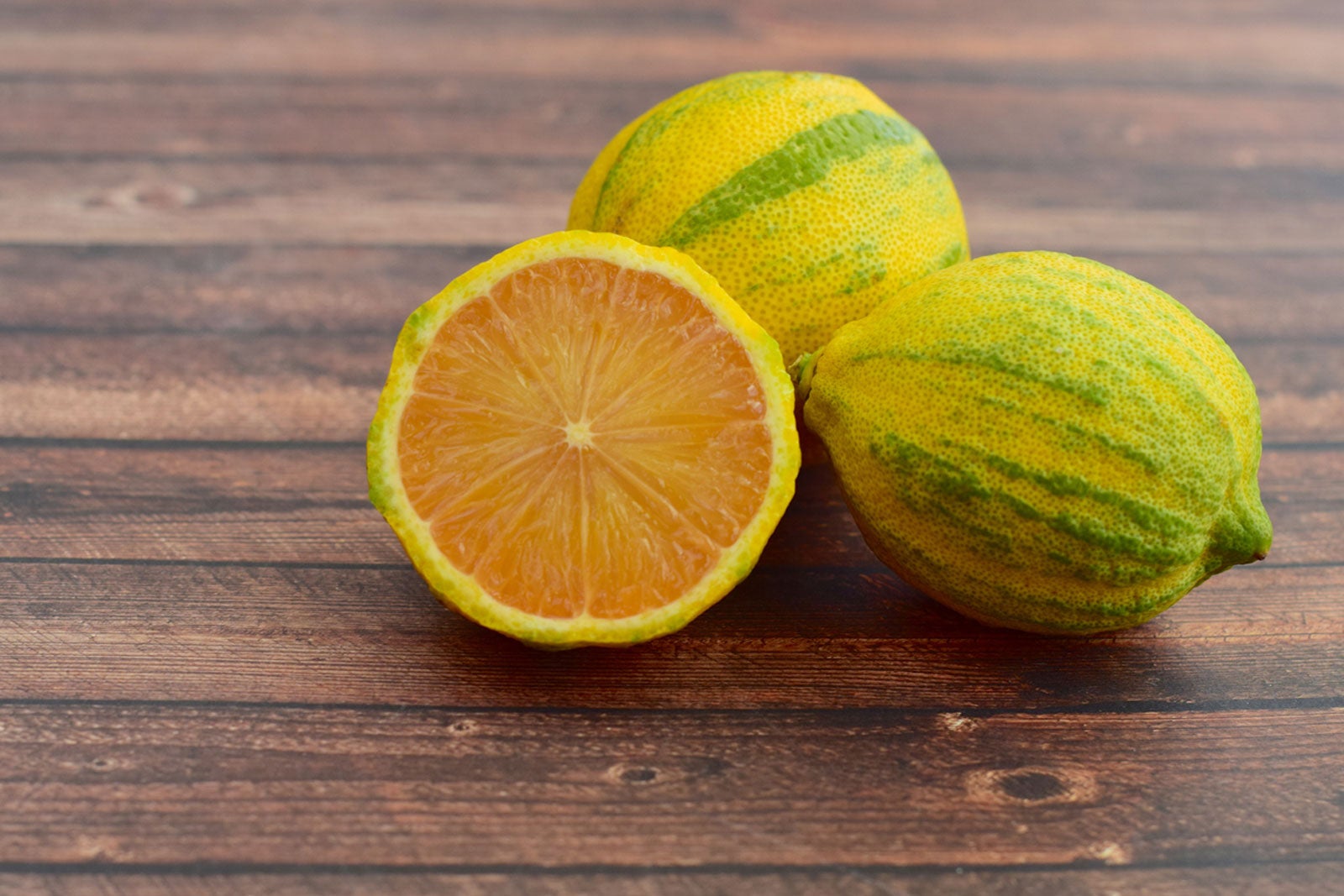 Eureka Pink Lemon Tree: How To Grow Variegated Pink Lemon Trees
Eureka Pink Lemon Tree: How To Grow Variegated Pink Lemon TreesFans of the quirky and unusual will love the Eureka pink lemon tree. These plants are beautiful and unique versions of the standard lemon tree. This little oddity produces flesh with a fascinating characteristic. Click here for tips on how to grow variegated pink lemon.
By Bonnie L. Grant
-
 Soft Lemon Fruit – Why Container Grown Lemons Have Gone Soft
Soft Lemon Fruit – Why Container Grown Lemons Have Gone SoftLemon trees produce marvelous fruit that is equally at home in sweet and savory recipes. But what happens if your lemons have gone soft? Lemons may get soft before they are ripe – be it soft lemons on a tree or soft lemon fruit that occurs during storage. Learn why here.
By Amy Grant
-
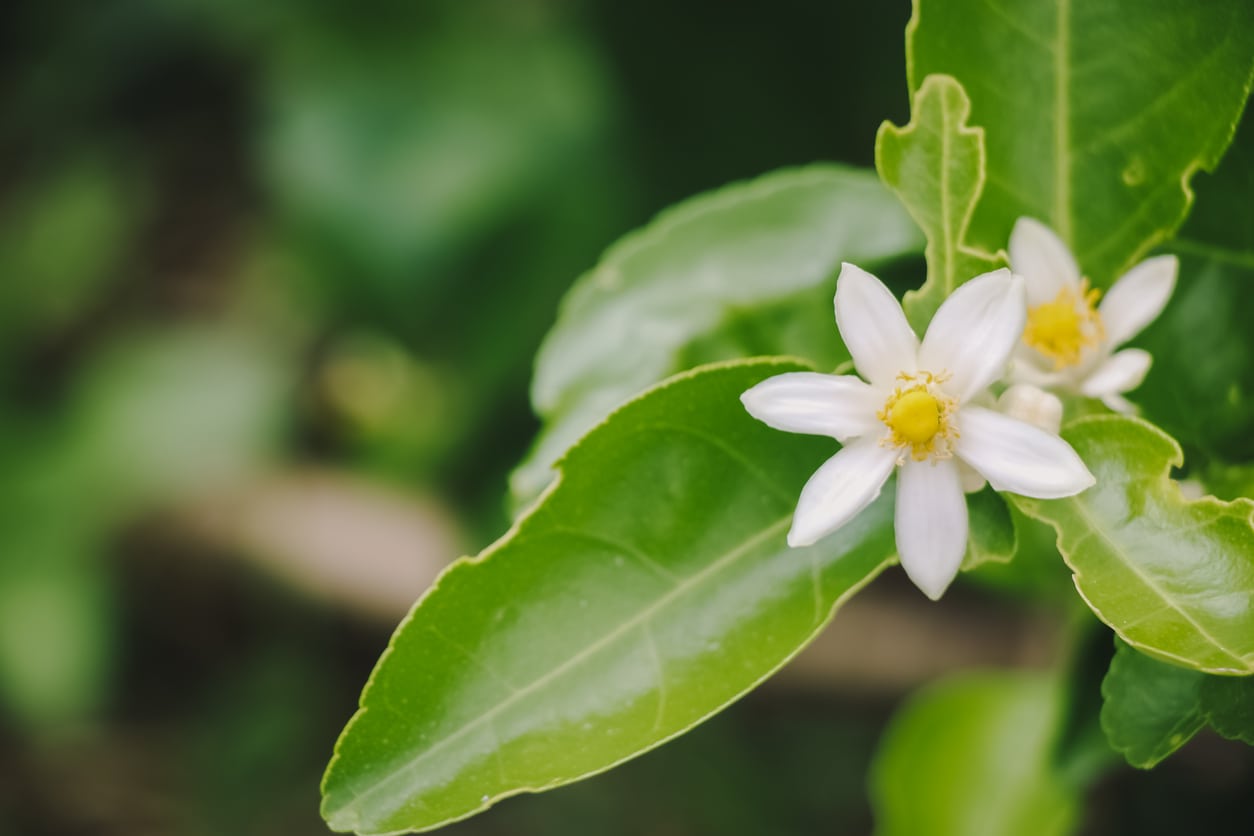 Lemon Blossom Drop – Why Is My Lemon Tree Losing Flowers
Lemon Blossom Drop – Why Is My Lemon Tree Losing FlowersEnvironmental consistency is essential to flower and fruit set of lemon trees. Any sudden change can cause fruit or flower drop on lemon trees. Have you found yourself wondering: why is my lemon tree losing flowers? Click on this article for more information.
By Darcy Larum
-
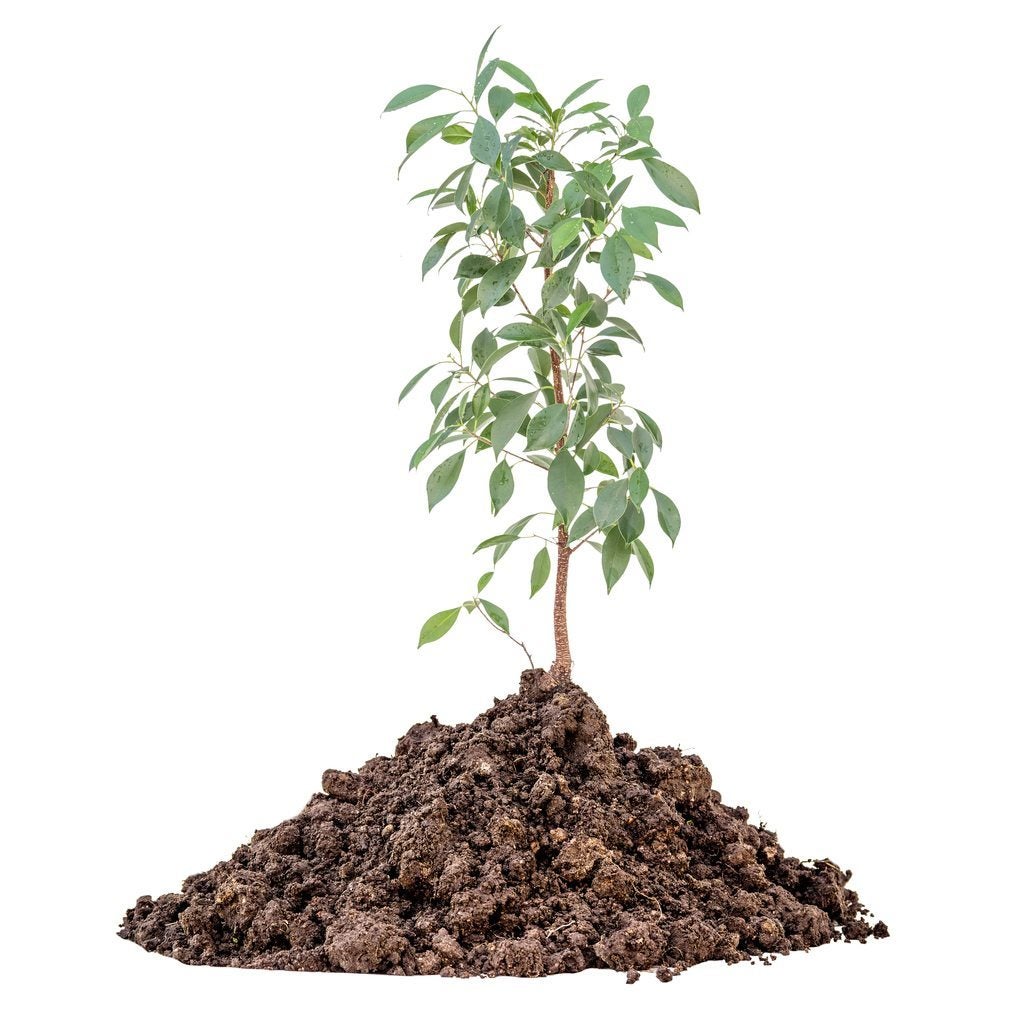 Transplanting A Lemon Tree – Best Time To Transplant Lemon Trees
Transplanting A Lemon Tree – Best Time To Transplant Lemon TreesLemon tree transplanting is a tricky prospect. Find out when the right time is to transplant lemon trees and other helpful information of lemon tree transplanting in this article before you take on this task. Click here for additional information.
By Amy Grant
-
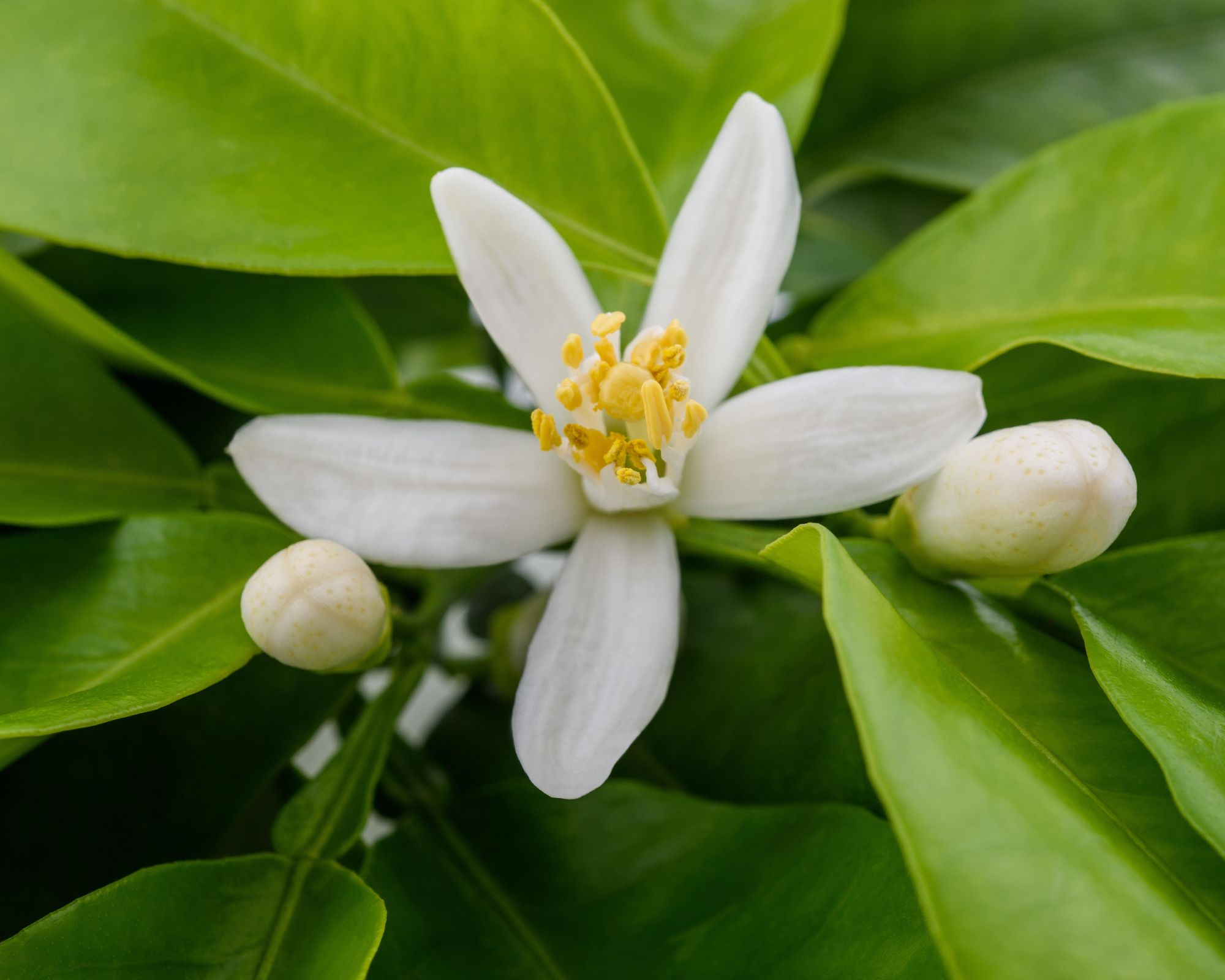 No Flowers On Lemon Tree – Tips For Getting Lemon Trees To Bloom
No Flowers On Lemon Tree – Tips For Getting Lemon Trees To BloomGrowing lemons is a tricky business, as one wrong move and you?ll find all your effort has been for nothing. Getting lemons to bloom is about balancing the plant?s needs. Learn about the various pieces in the blooming puzzle in this article.
By Kristi Waterworth
-
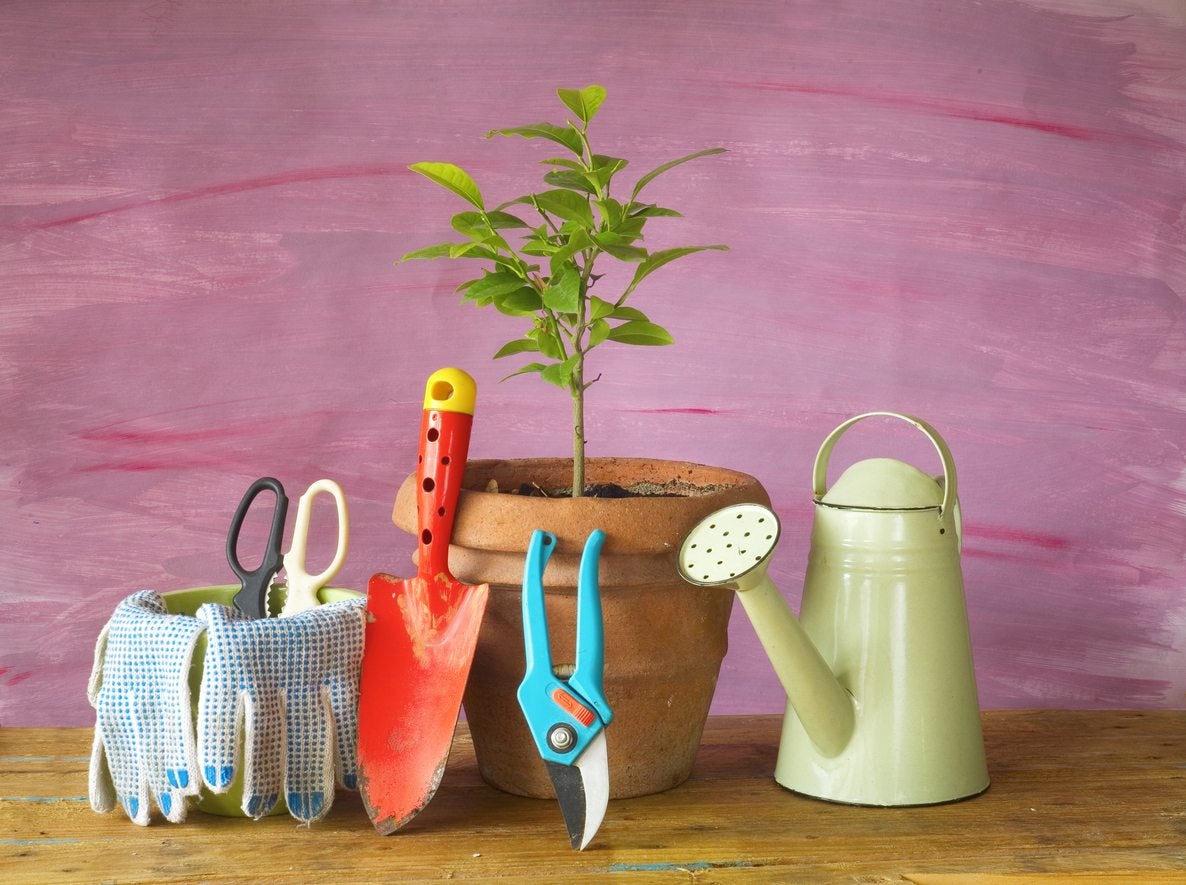 Repotting Lemon Trees: When Do You Repot Lemon Trees
Repotting Lemon Trees: When Do You Repot Lemon TreesLemon trees grown in pots eventually outgrow their containers. When do you repot lemon trees? Click on the following article to find out when the best time to repot lemon trees is as well as how to repot a lemon tree.
By Amy Grant
-
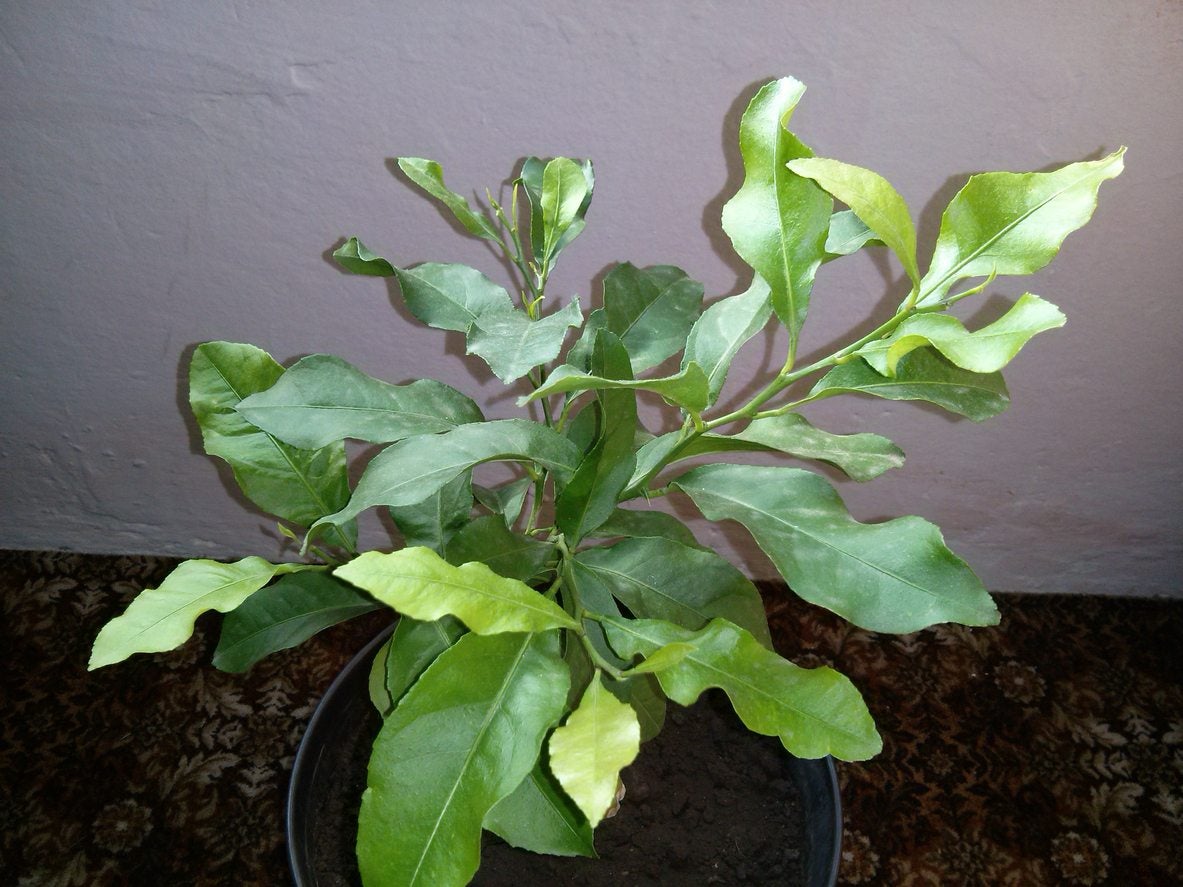 Yellow Lemon Tree Foliage – Why Did Lemon Tree Leaves Turn Yellow
Yellow Lemon Tree Foliage – Why Did Lemon Tree Leaves Turn YellowLemon trees are a great addition to the landscape, but sometimes your trees will develop problems like yellow leaves. This common issue can result from several different causes, but most are simple to correct. Click here to learn more about yellow lemon tree foliage.
By Kristi Waterworth
-
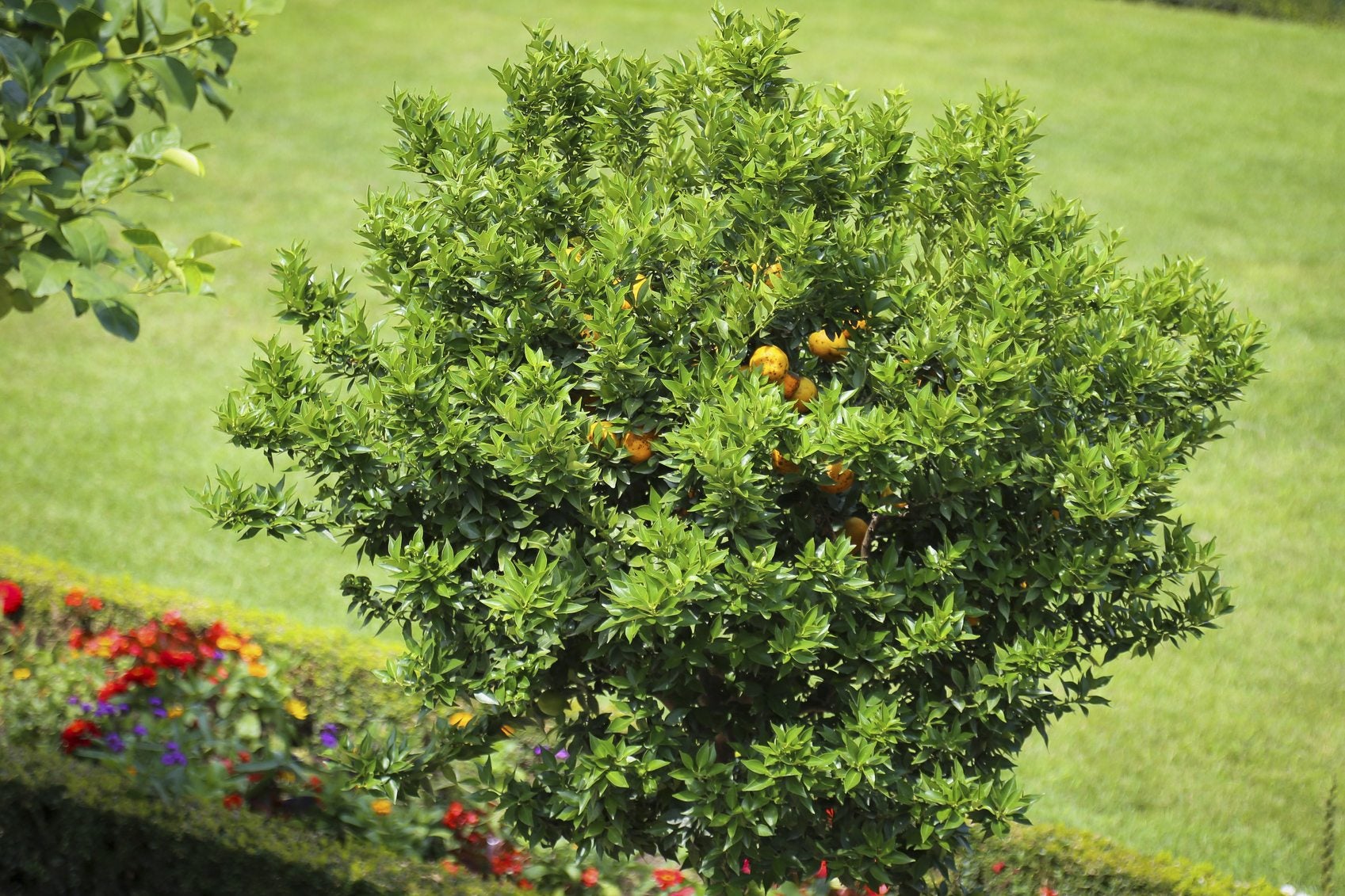 Lemon Tree Companions: Tips For Planting Under Lemon Trees
Lemon Tree Companions: Tips For Planting Under Lemon TreesPlanting under lemon trees can reduce weeds, enhance soil fertility, and reduce the need for pesticides and herbicides. You can also create a handy "kitchen garden" where herbs and other edible plants complement the recipes in which you use lemons. Learn more here.
By Bonnie L. Grant